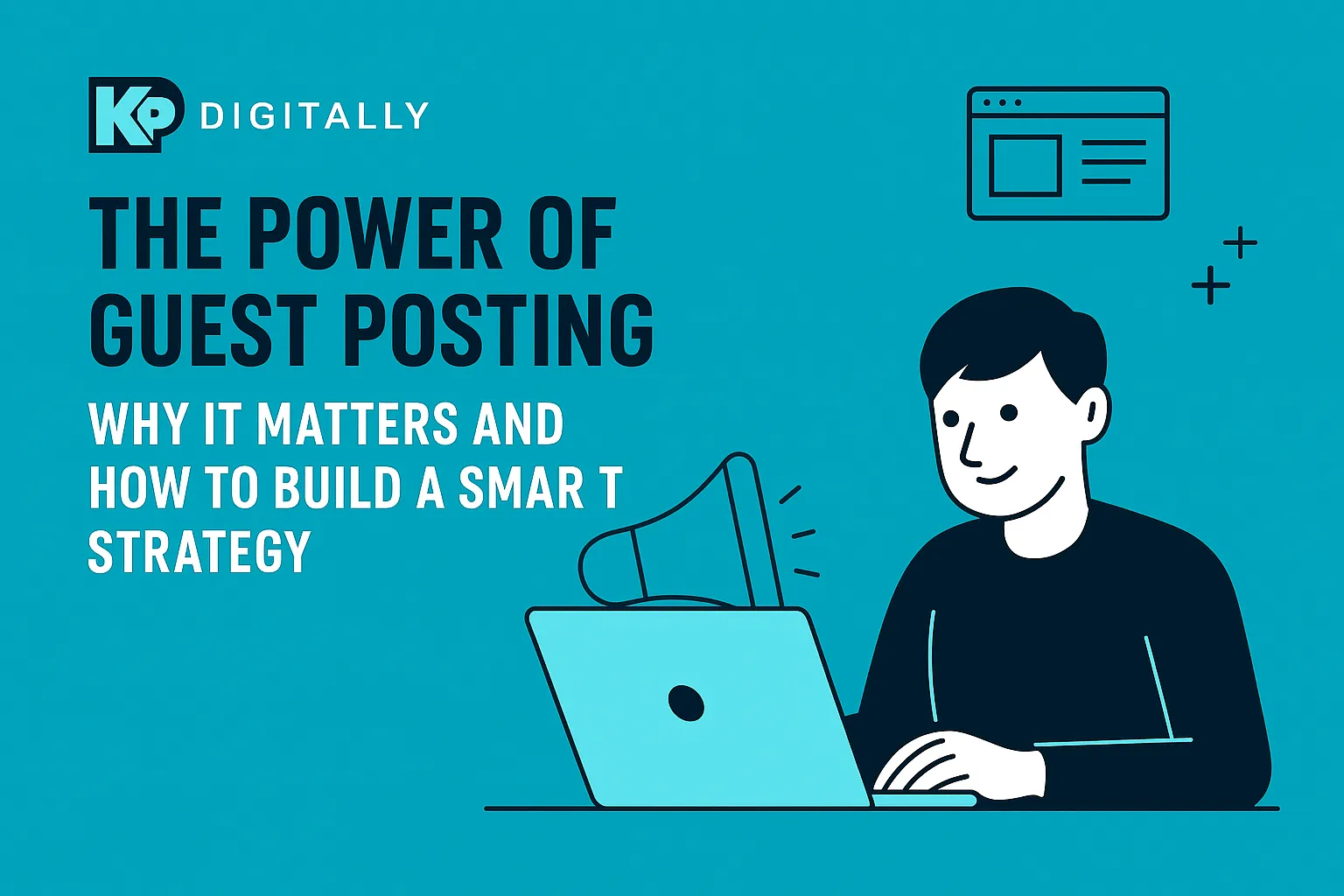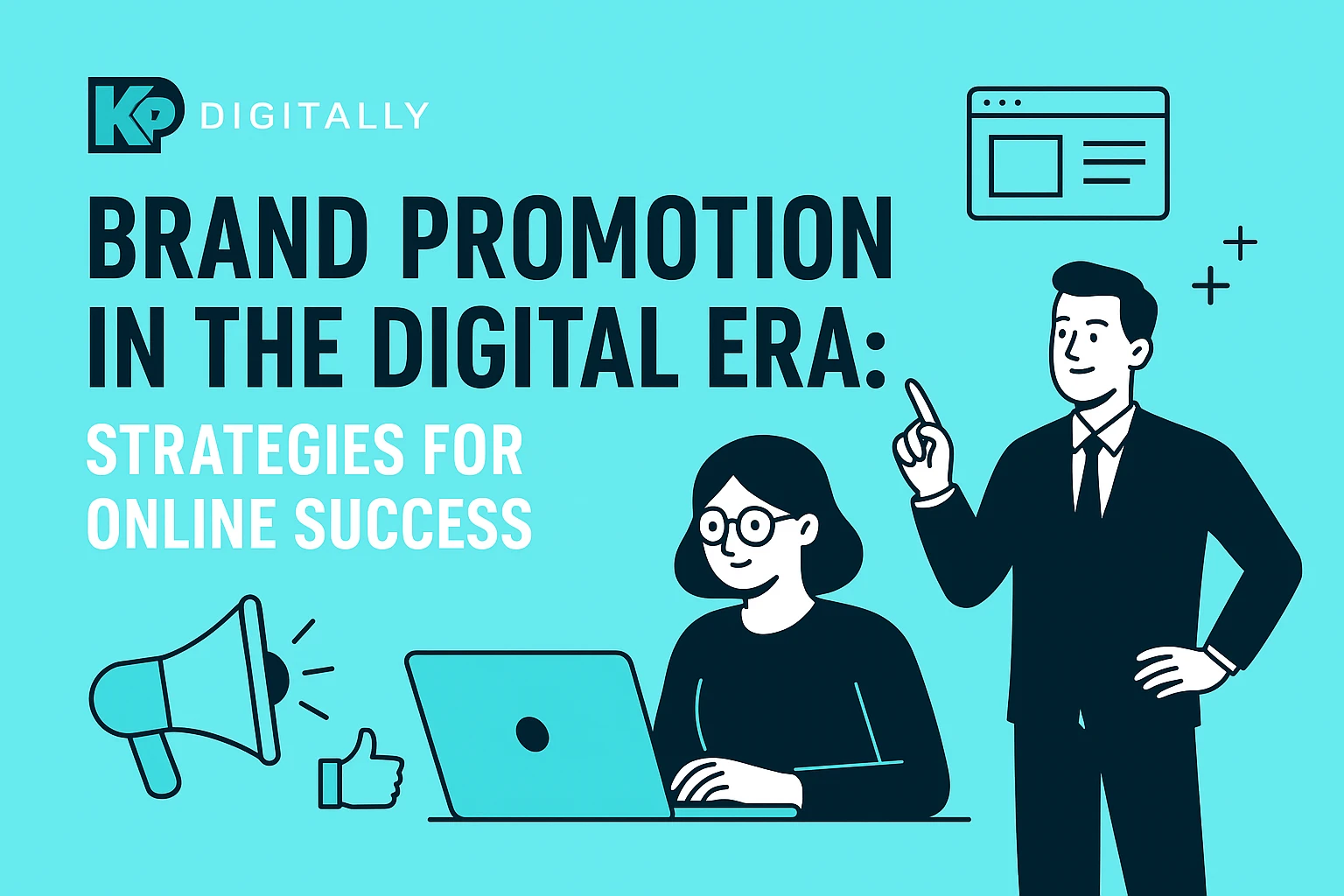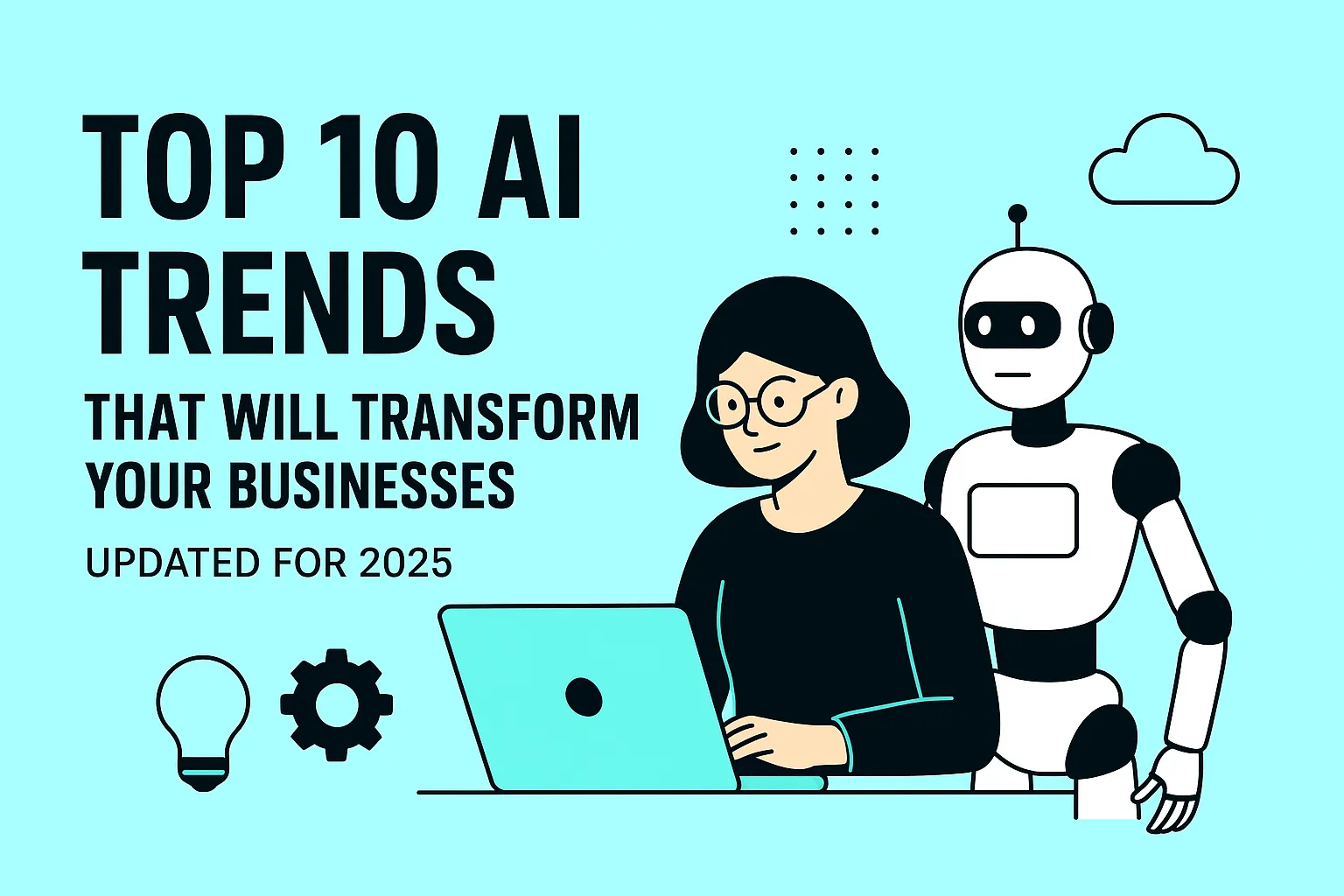Artificial intelligence (AI) has become the buzzword of the decade, and digital marketing is no exception. We hear about AI transforming everything, but what does that actually mean for marketers? Let’s cut through the hype and explore the practical applications of AI in digital marketing, along with the ethical considerations we need to address.
AI-Powered Content Creation and Optimization:
AI tools can now generate content ideas, write basic copy, and even optimize existing content for search engines. Tools like Jasper and Copy.ai are becoming increasingly popular.
However, it’s crucial to remember that AI is a tool, not a replacement for human creativity. AI can handle repetitive tasks, but human oversight is essential for quality and brand voice.
Personalized Customer Experiences Through AI:
AI allows marketers to analyze vast amounts of customer data and create highly personalized experiences.
Chatbots, recommendation engines, and targeted advertising are all examples of AI-powered personalization.
This level of personalization can significantly improve customer engagement and conversion rates.
Ethical Considerations Regarding AI Use in Marketing:
Data privacy is a major concern. Marketers must ensure they are using AI ethically and transparently.
Bias in AI algorithms is another issue. It’s important to be aware of potential biases and take steps to mitigate them.
Transparency is key. Customers should know when they are interacting with AI.
Conclusion:
AI is transforming digital marketing, but it’s essential to use it responsibly. By focusing on practical applications and addressing ethical concerns, marketers can leverage AI to achieve their goals and create better customer experiences.






